Eye Center of Virginia Blog
Learn more about optometry care in our blog!

Glaucoma is a serious eye condition that affects millions of people and is a leading cause of permanent vision loss. Because it often develops without noticeable symptoms, many patients don’t realize they have glaucoma until vision damage has already occurred. Understanding how glaucoma affects vision and how early treatment can help plays a critical role in protecting long-term eye health.
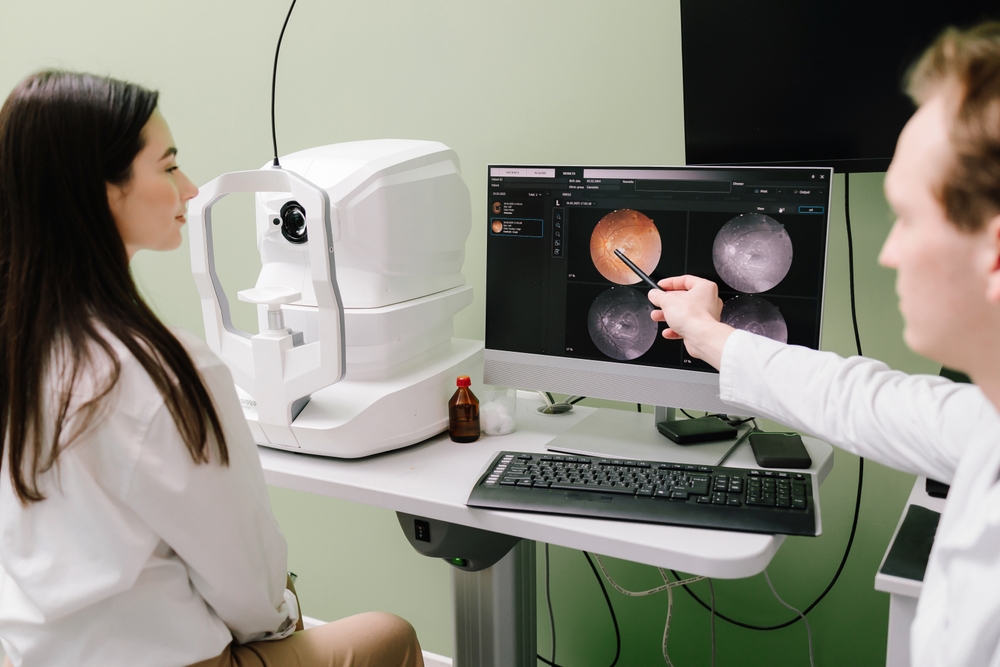
Glaucoma is a leading cause of vision loss, but today’s advanced treatments make managing it more effective than ever. Two common laser options are Selective Laser Trabeculoplasty (SLT) and YAG laser treatment, each designed for different forms of glaucoma.

Glaucoma is one of the leading causes of irreversible vision loss, often developing with few noticeable symptoms in its early stages. Because early detection and timely treatment are key, many patients wonder whether laser surgery could be the right solution for managing their glaucoma.
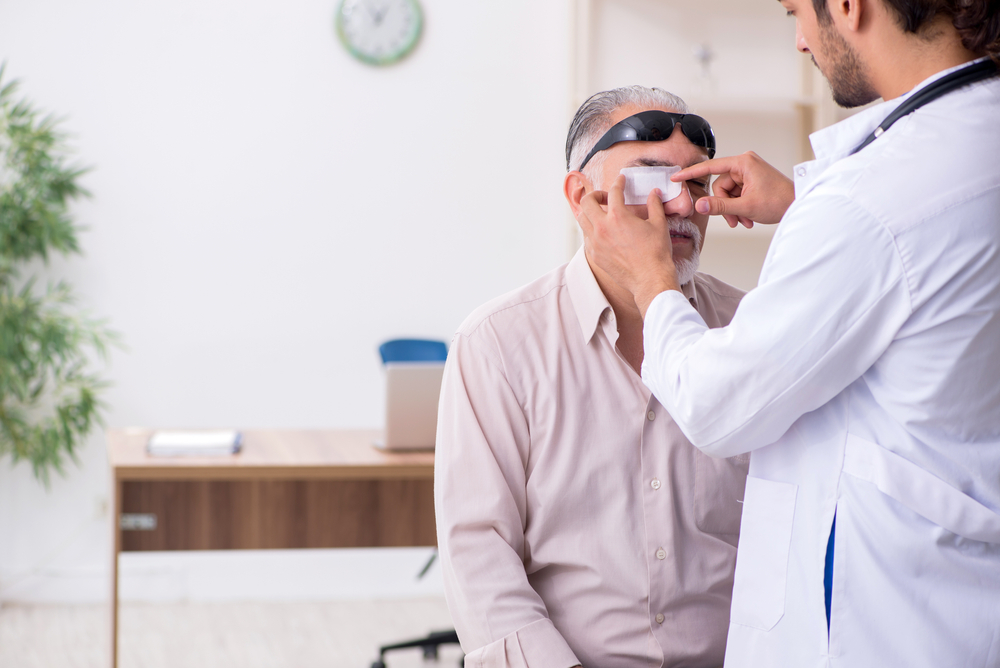
Diabetes can silently threaten your eyesight long before you notice any visual symptoms. At The Eye Center of Virginia, we see firsthand how early detection and proactive care can protect your long-term vision. If you or a loved one is living with diabetes, scheduling routine diabetic eye exams in Williamsburg, VA is one of the most important things you can do to safeguard your sight.

Diabetic retinopathy is one of the most common causes of vision loss among people living with diabetes. While the condition can develop without noticeable symptoms at first, early detection and proactive management can make a significant difference in preserving your sight.
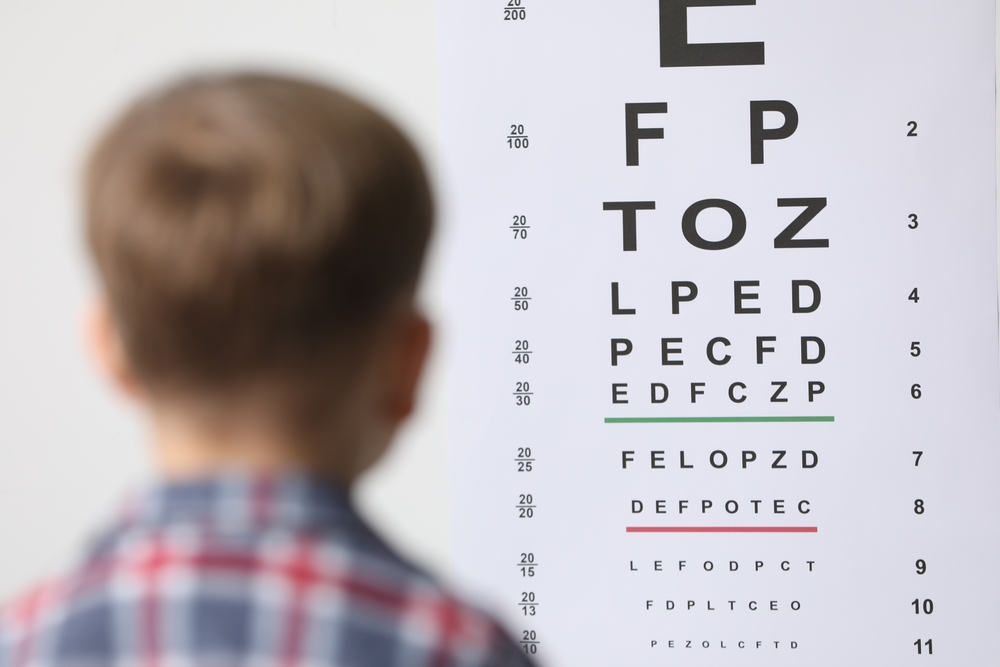
Good vision plays an essential role in your child’s development - impacting learning, social interactions, and overall well-being. However, many parents don’t realize that vision issues can develop early and often go unnoticed.
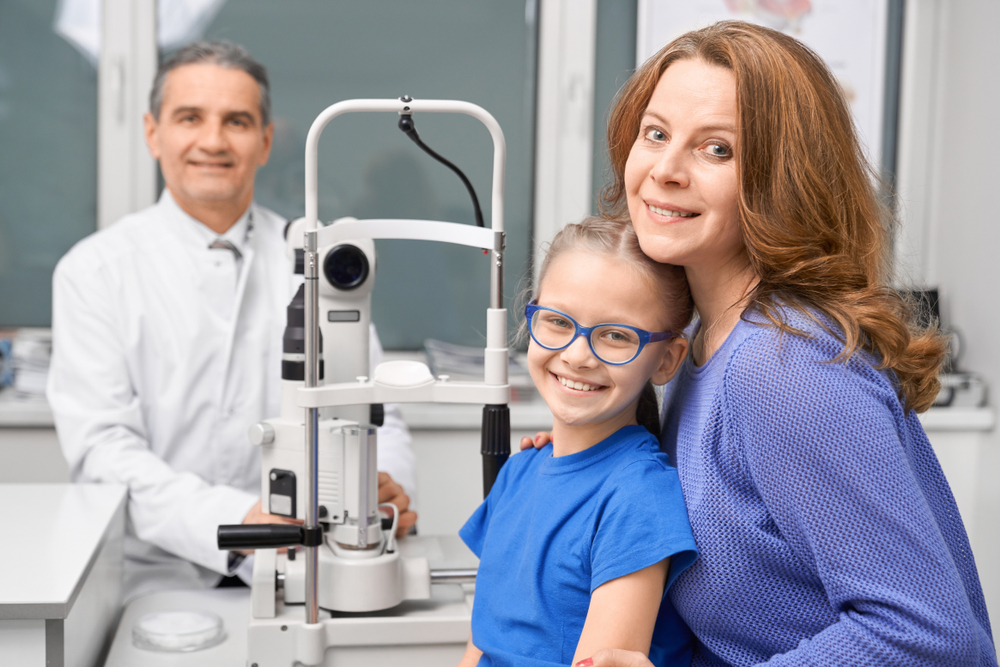
When it comes to maintaining your family’s vision and overall eye health, choosing the right eye doctor is one of the most important decisions you can make. A trusted family eye doctor provides more than just glasses or contact lenses - they become a partner in protecting your sight for life.

Myopia is one of the most prevalent vision problems among children and teenagers. When left untreated, it can significantly affect a child’s ability to perform well in school and fully engage in the learning process. Because learning is so visually driven, clear vision is essential for academic success.

As the crisp autumn air settles over Williamsburg, VA, many people welcome the cooler temperatures and colorful leaves. However, fall can also bring on uncomfortable eye issues - especially dry eyes. Changes in humidity, cooler winds, indoor heating, and seasonal allergies all contribute to irritation, leaving your eyes feeling less than comfortable.
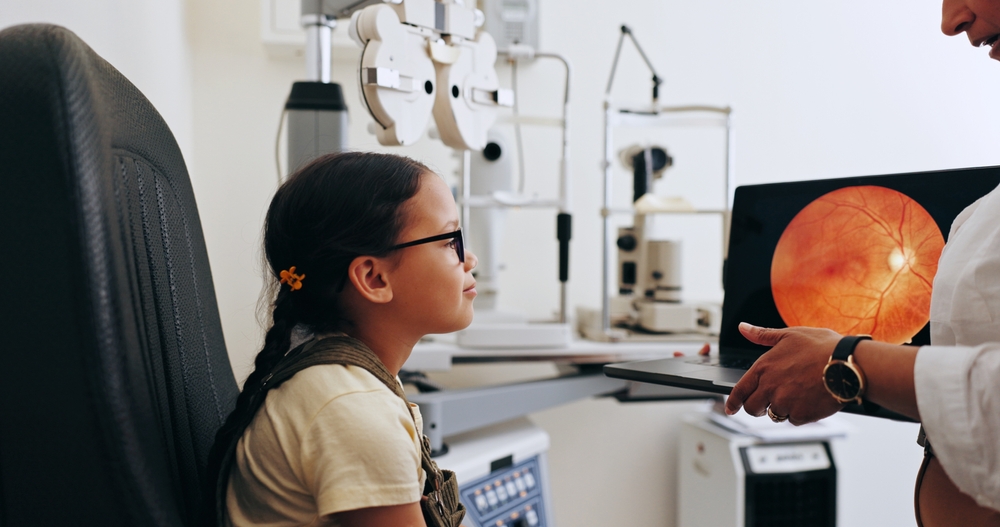
Myopia, commonly known as nearsightedness, is becoming increasingly common in children across the United States. At The Eye Center of Virginia, we are committed to helping families across Williamsburg and the surrounding areas take proactive steps to manage its progression.











